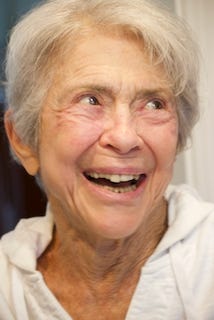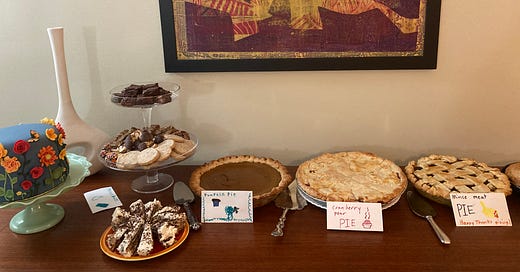Good Monday morning!
How are you this morning? Are you feeling heartened, strengthened after last week or are you feeling dazed, lethargic, even lost? This morning I am contemplating kindness, specifically the question of what exactly is true kindness. Interestingly, what brought on this contemplation was a commentary on a line from Hexagram 42.
As many of you know, every now and then, I like to share thoughts on the hexagrams from the I Ching and the various commentaries that I read. There is a tremendous accumulation of wisdom, both practical and spiritual, in this ancient and beautiful discourse on the nature of things. From today’s reading emerged this commentary by Carol Anthony:
If in truth you have a kind heart…
True kindness arises from inner necessity, involves no forethought and is purely spontaneous. In the war against ingrained habits of vanity we must consider whether our actions truly arise from innocence. Often, the greatest kindness occurs when we forgo our pleasures to achieve a more correct relationship.
…True kindness lies in caring conscientiously to do what is correct.
…True loyalty, like true kindness, is to hold first to what is correct in ourself; then a correct relationship with others becomes possible.
This commentary is made on line 5 of Hexagram 42 Increase and as a changing line (which is why I was reading the commentary) it leads to Hexagram 27. Remarkably, and perhaps not surprisingly, this line is really about how we nourish ourselves, how we bring heart and mind together in service of maintaining not only our own integrity or health, but even more how we maintain an open heart, a heart willing to recognize ourselves and others with kindness and possibility.
Correct, what is correct? From the point of view of the I Ching, the word correct refers to what is sometimes called “upright” qi, the relationship that keeps us open to the world. Technically speaking, upright qi, allows you to simply be upright, as in awake, standing, able to see, hear, walk, talk, etc. But spiritually speaking, upright refers to the relationship we make with our own morals, our own integrity.
Why, you might ask, am I choosing to speak about such matters today? Yes, because the I Ching brought the matter to my attention. But, in the way of these things, it was already on my mind. Over the course of the last week, I visited with my birth family, what some might call my immediate family, for the first time in 2 years. And we were sharply divided over much of that time by the issues of these times.
So the pressing question for me as I engaged with my mother, my sisters, my nieces and nephew, was how to be both loyal and kind, how to show up present and available without losing connection with my own inner compass, my own knowing. This is, as you will know since you are here, the question I am always asking. It is, you could say, the question that persists, the question that won’t go away. And it is the question I ask in my work as well as in my personal life. In fact, it is the question that in many ways begins to unify my life and work into one seamless adventure.
The other word to unpack here is innocence. Innocence, here, means without guile, without deception. But it isn’t deception of others that is at issue. It is self-deception. Self-deception is not admitting we are fragile, vulnerable, emotional and truly kind-hearted beings. Self-deception is thinking we have to hold to the demands of the world around us without consideration for the inner world that is often chaotic, unreasonable and messy. Innocence says we venture into the chaos with heart, presence and openness despite our fear, grief, anger and confusion.
My holiday week included heartbreak in the form of death, yet it also included uncommon joy and kindness, true gentleness and radiance as we sat together at the table. It was a table set with every kind of taste, the bitter of death, the salty of fear, the sour of anger, the sweet of contemplation and the spicy spicy joy of being in one another’s presence.






